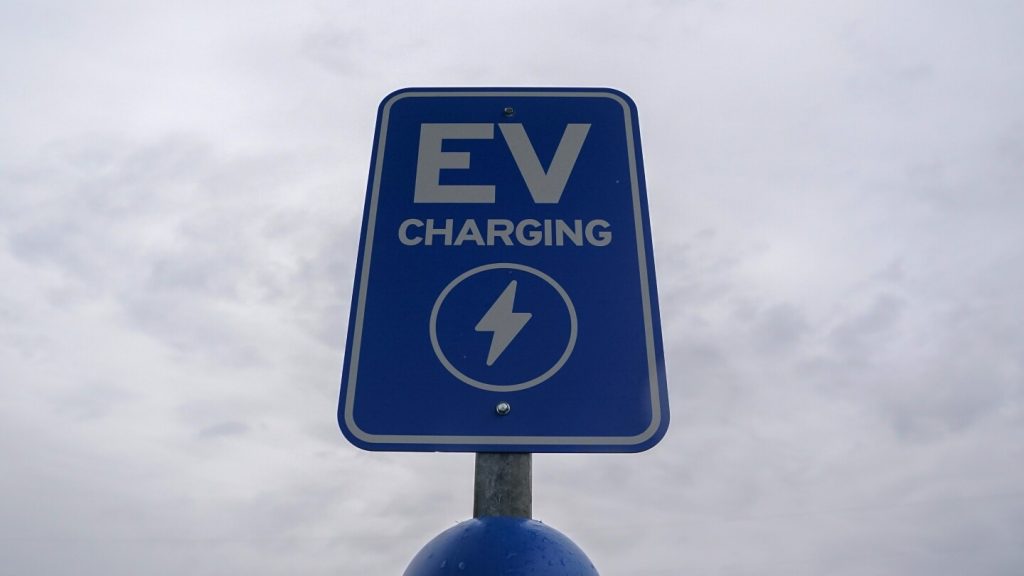In 2024, electric vehicles continued to gain momentum globally, driven by significant growth in China, parts of Europe, and the United States. In China, EVs accounted for 50% of new car sales in July, marking a milestone in the world’s largest auto market. Companies like BYD from China are gaining traction worldwide with their affordable EV models. Despite uncertainties surrounding purchase subsidies, mainstream consumers are interested in new EV models with longer driving ranges, better performance, and lower prices.
The transition to electric vehicles is crucial for the shift to clean energy, as road transport contributes to around one-sixth of global emissions from energy. Widespread adoption of EVs could play a significant role in addressing climate change. Data from consultancy Rho Motion indicates that the global EV market, including pure EVs and plug-in hybrids, grew by 25% year-over-year as of November. Sales of electrified vehicles were expected to reach one in five cars sold globally, with a majority of these sales coming from China.
Mexico saw a significant increase in EV sales, with five times more EVs sold compared to the previous year, primarily driven by Chinese automaker BYD. Other regions, such as the United Kingdom, Turkey, and Norway, also experienced growth in their EV markets. In the United States, the Tesla Model Y and Model 3 were the best-selling EVs globally, with both models being popular choices for American consumers. Tesla retained a significant market share, but other auto companies are offering a wider variety of EVs at lower prices, challenging Tesla’s position in the market.
Tesla’s market share stood at 17% of all electric cars globally and 49% in the U.S. through October, making it the leading EV manufacturer. However, competition is increasing as other automakers like GM, Ford, and Honda are offering more affordable EV options and diversifying their electric vehicle lineup. Despite the growing competition, Tesla remains the most valuable auto company globally with a market value of $1.4 trillion. The shift towards electric vehicles is seen as a positive step towards reducing emissions and combating climate change.
Overall, the outlook for electric vehicles in 2024 is promising, with continued growth expected in China, Europe, and the United States. The environmental benefits of EVs, coupled with advancements in technology and infrastructure, are driving consumer interest in electric vehicles. As governments and automakers work towards reducing carbon emissions and transitioning to clean energy, electric vehicles are likely to play a significant role in the future of transportation. The increasing availability and affordability of EVs are making them a viable alternative to traditional internal combustion engine vehicles.














